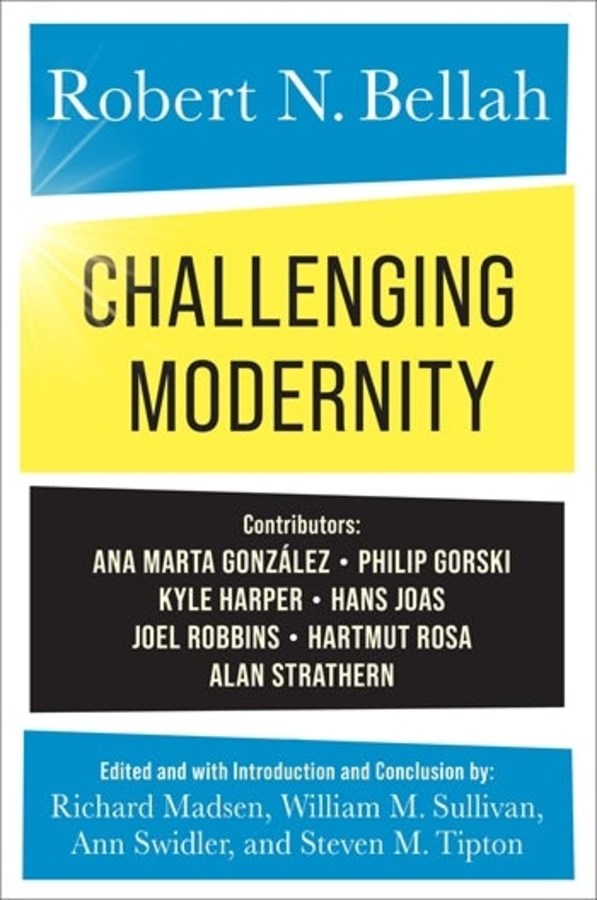2018 School Spending Survey Report
Challenging Modernity
Columbia Univ.
Apr. 2024.
376p.
ed. by Richard Madsen & others.
ISBN 9780231214896. pap. $32.
SOC SCI
COPY ISBN
VERDICT This provocative volume is wide-ranging, and the contributors do not disappoint. Although neither Bellah nor the contributors offer a definitive conclusion, the scope, depth, and coherence of this collection is a brilliant elaboration of what might have occurred.
RELATED
ALREADY A SUBSCRIBER? LOG IN
We are currently offering this content for free. Sign up now to activate your personal profile, where you can save articles for future viewing




Comment Policy:
Comment should not be empty !!!